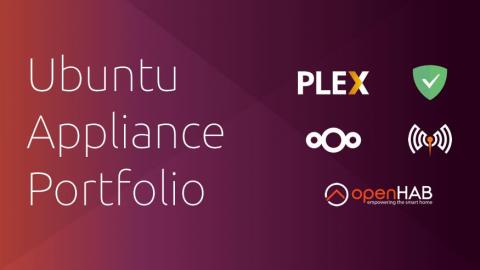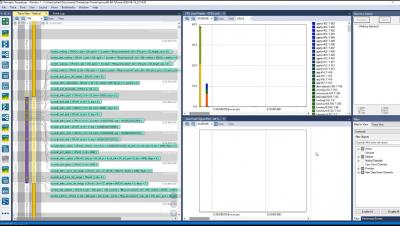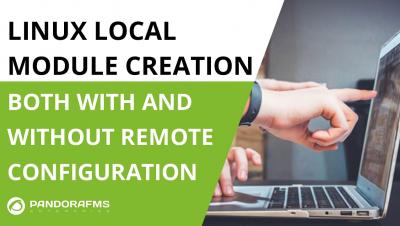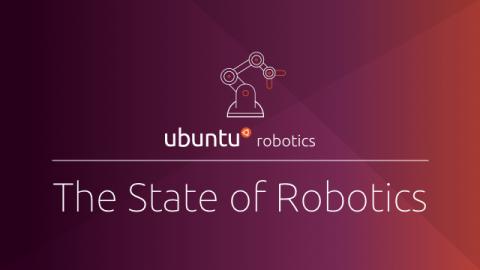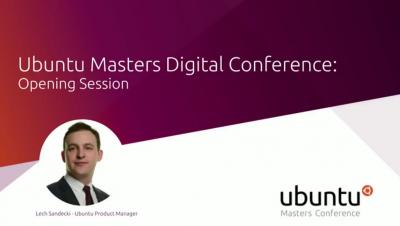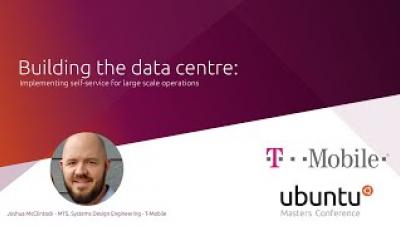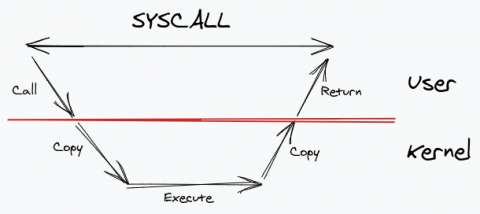Is Ubuntu an enterprise Linux distribution?
Is Ubuntu an enterprise Linux distribution? If you are asking, you are probably wondering if you can use Ubuntu anywhere else other than your workstation or development environment. Perhaps you are wondering whether you can implement Ubuntu in your enterprise, including production environments? If that is the case, I have good news for you. Yes. Ubuntu is an enterprise Linux distribution with full commercial support provided by Canonical, the publisher and maintainer of Ubuntu.



